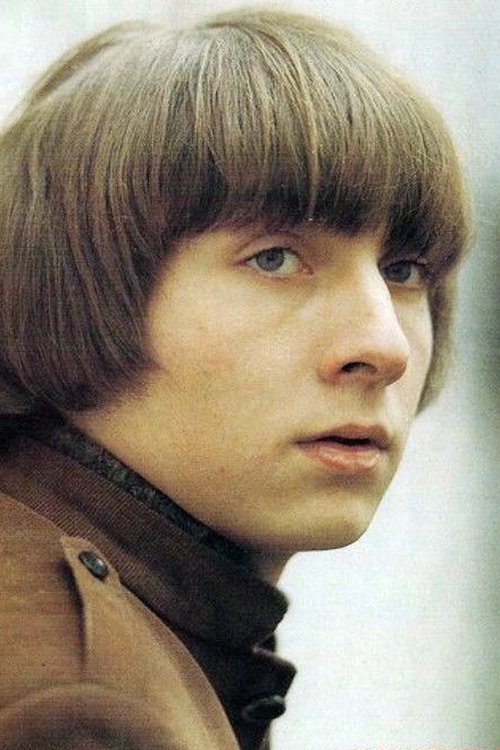
Ronnie Bird
Personal Info
Known For Actor
Gender Male
Birthday 1946-04-24 (78 years old)
Place of Birth Boulogne-Billancourt, Seine [now Hauts-de-Seine], France
Also Known As Ronald Méhu
Ronnie Bird
Biography
Ronnie Bird (born Ronald Méhu; 24 April 1946 in Boulogne-Billancourt, Hauts-de-Seine) is a French singer. As a student, Bird attended Lycée Claude-Bernard in Paris until he had an argument with a teacher. As a young singer, he preferred to perform in English in a desire for authenticity. He debuted his recording career in 1964 with Decca, with the title track Adieu à un ami, which was a homage to Buddy Holly; this song later appeared in the film US Go Home (1994). According to author Jonathyne Briggs, Bird and other French pop stars of that era, such as Jacques Dutronc, Hugues Aufray, Antoine, and Serge Gainsbourg "created a more diverse pop music landscape". Richie Unterberger later wrote, "During the mid-'60s, Ronnie Bird was the only French artist to successfully emulate the sounds of the British Invasion across the channel". He was voted the eighth most popular male singer in France in a 1965 poll by Salut Les Copains. He hosted a Radio Luxembourg 208 broadcast on 1 April 1966. He regularly appeared with popular singers visiting France, including Chuck Berry and Tom Jones. He recorded the Rolling Stones' "The Last Time" and "Down Home Girl" in French. He recorded songs by Mickey Jones and Tommy Brown in English for Philips. He recorded two songs, "Rain on the City" and "Sad Soul" for the U.S. market before his U.S. tour. Bird appeared with many other artists in the "photo du siècle" or "photo of the century" taken by Jean-Marie Périer. The photograph published in the magazine Salut les copains in 1966. Despite his evident ability and the apparent success of songs like Elle m'attend, Où va-t-elle?, Bird ended his artistic career after 5 years. He is also noted for participating in the French production of the musical Hair between 1968 and 1972 . Moreover, he wrote the lyrics of the song, Precious Things, sung by Dee Dee Bridgewater, in a duet with Ray Charles, which saw success in 1989. The song Le Pivert (the woodpecker) was prohibited from being played on Radio-France because of, according to an internal memo, its "vulgar attack on good taste". The memo was published in Charlie Hebdo. Source: Article "Ronnie Bird" from Wikipedia in English, licensed under CC-BY-SA 3.0.

